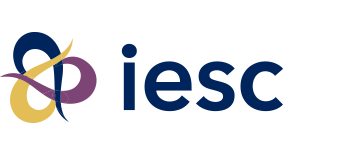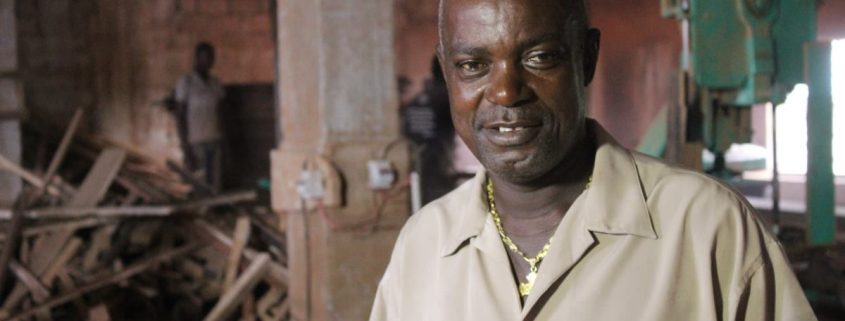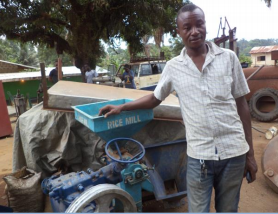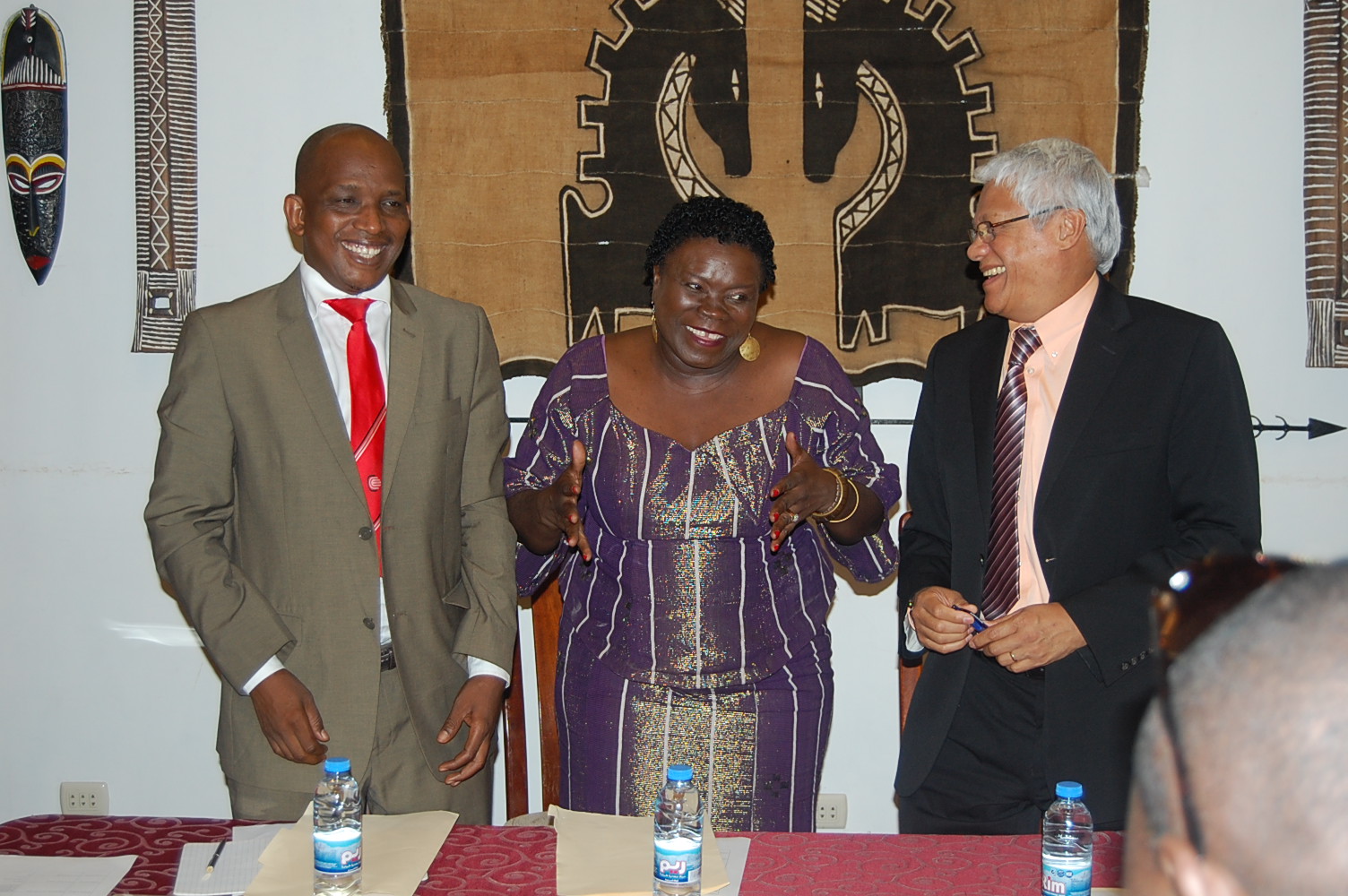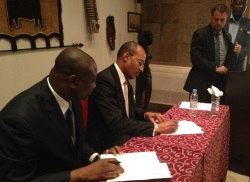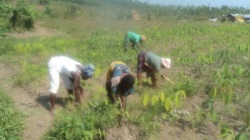IBEX Trains Bankers, Entrepreneurs on Agribusiness
Monrovia – Liberia’s agriculture sector is a potential source of the largest employment for Liberians but is yet to experience any significant growth. The low level of commercial banks’ involvement in the sector is partly responsible for the prevailing situation. The banks seem reluctant to lend to smallholder farmers and agribusinesses because they consider agriculture as a high-risk sector.
However, there are ongoing efforts to change the situation for the better. A new signed agreement between the United States Agency for International Development (USAID) and Afriland First Bank aims to increase agricultural lending through an enhanced relationship and capacity that will help provide for working capital for operations, inputs, or equipment to smallholder farmers.
As part of the process, on February 16 and 17, USAID Liberia-Investing for Business Expansion (IBEX) Program held an agribusiness lending training for more than 20 bankers and more than 45 local entrepreneurs including farmers in Monrovia and other parts of the country. The training increased bank staffs’ knowledge and broadened their understanding of agribusiness lending, proper client appraisals and deal structuring. The participants also learned more about the loan processes and requirements for borrowers.
The event was organized by IBEX and facilitated by United States-based Volunteer Executive (VE), Allyn Lamb. All nine commercial banks in Liberia were represented by their risk managers, relationship, and credit officers. Topics covered were Business Plans, Agricultural Risk Management, Understanding the Market Opportunities, Value Chain Financing, Basic Farm Record Keeping, Risk Rating, Evaluating Loan Requests, and Problem Solving.
Archie Hanky, a staff in the Liberia Bank for Development & Investment’s Credit Appraisal and Development Lending Department, observed that agribusiness lending is a new phenomenon and banks do not want to risk lending to agriculture clients. ‘Smallholder farmers are a significant part of the Liberian economy and should be given increased access to credit to be able to grow and expand their businesses,’ Usurf Barh, Credit Manager at Afriland First Bank, added. Mai Cole, Risk Analyst at United Bank for Africa, described the training as insightful.
‘The new knowledge and skills acquired from this training would now enable me to properly appraise agricultural SMEs, Mai said. The participants named difficulties in production, distribution, transportation, poor road network, storage facilities, post-harvest handling and funding as some of their key challenges.
###
This news release is made possible by the support of the American people through the United States Agency for International Development (USAID). It was originally posted on FrontPageAfrica. The contents are the sole responsibility of IESC and do not necessarily reflect the views of USAID or the United States Government.
